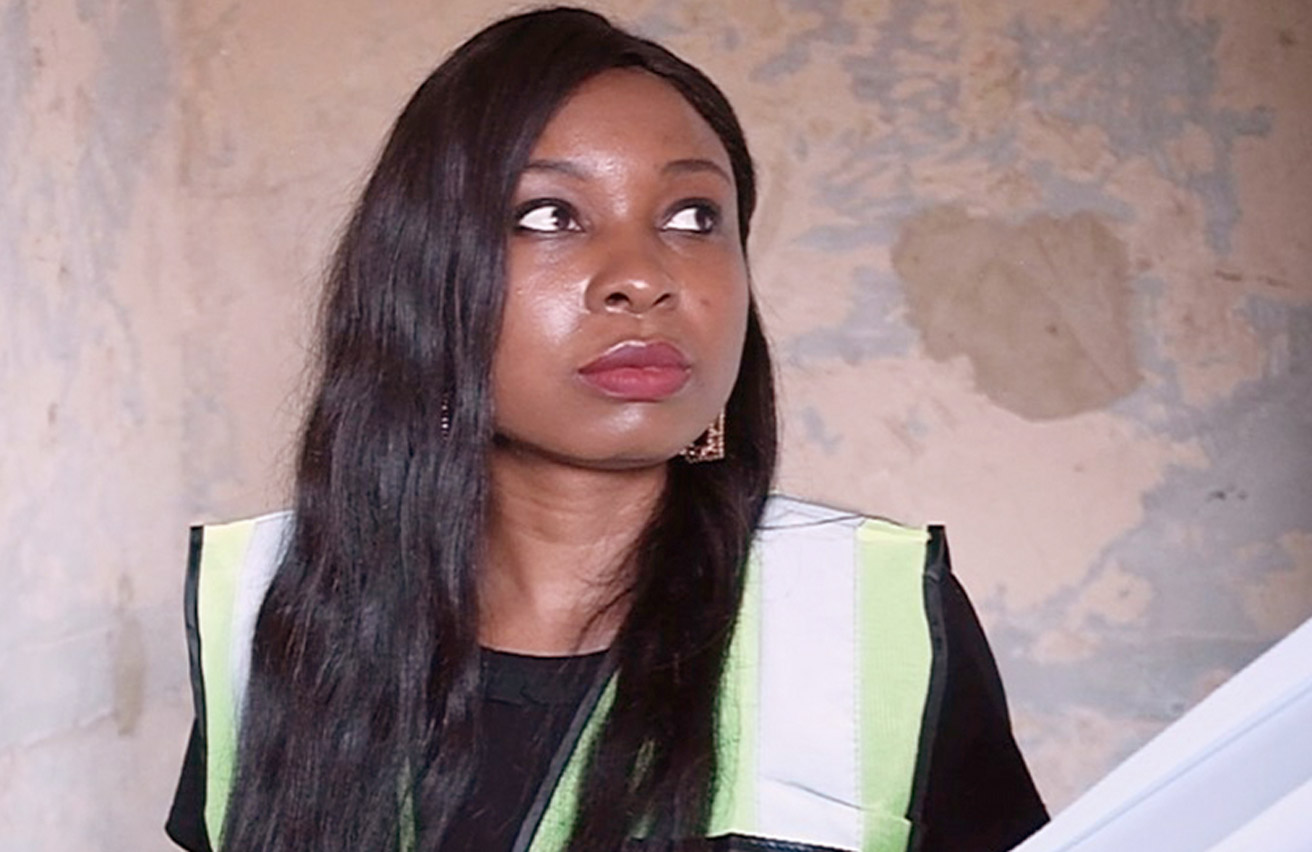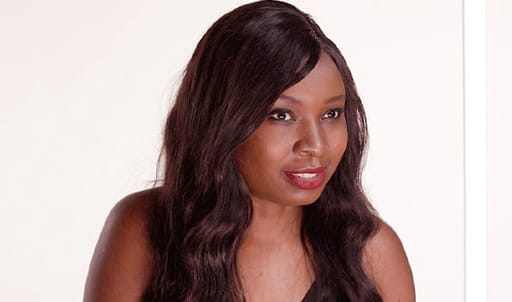Vere Shaba, founder and CEO of Greendesign Africa, has a powerful message for young people who want to take charge of their careers, lives and communities.
Solve the problem that you are called to solve, she says. And don’t stop challenging the status quo.
Watch her video story
What made you want to pursue engineering?
Once I saw a map released by NASA of the world at night and my heart broke about how dark Africa is. That map of electrification indicates the extent of economic development and indicated that for our continent, education stops when the sun sets.
I imagined a little girl going to sleep in the dark and unable to read. I made the decision to study engineering to solve the problem that our continent doesn’t have basic engineering infrastructure to ensure that there is equal opportunity for the people in Africa.
How did you survive your varsity years and internships?
There is no doubt that both university and internships can be difficult.
What kept me going during those years was an intrinsic reminder that I was a part of the small percentage in South Africa with the privilege of pursuing higher education. Generations of lives have died for me, as a young Black African female, to study mechanical engineering in South Africa – so I did whatever it took to make the most of every opportunity that I had.
The advice I would give is to manage one’s time and one’s energy responsibly. I struggled in my first three years of university, but eventually understood that what I do with my time will make or break me.
What’s been the hardest part of your career?
The hardest part of my career hasn’t been the project or technical work because that’s something that I have always enjoyed as an engineer. The hardest part of my career has been learning to understand an older generation of engineers that would say, ‘This is how it has always been done’. That phrase is one of the best ways to stop innovation.
What is the best part of your day?
I love people and I love seeing seemingly impossible 3D renders built brick by brick, because I know that buildings are not just buildings – every human being finds themselves in a building at some point in their life.
The best part of my day as a professional is meeting with my clients and project teams. I also train on green buildings to professionals and students across the continent, so I always loved landing in a country outside of South Africa knowing that what unites us as Africa will always be more powerful that what separates us.

How did you network at the start of your career?
A lot of people network with the intention of getting something out of it. I really love people so I network because I am curious about their stories.
Starting out in my career, I had no expectations except that I was a ‘sponge’ and was on a pursuit of understanding the status quo so that I could challenge the status quo if challenging it would move the human race in my small sphere of influence forward.
Since then, my small sphere of influence has increased to the point of having been featured on the cover of Forbes magazine as one of Forbes Africa’s 30 Under 30 in Business.
If you could choose anyone in the world to be your mentor, who would it be?
In 2011, when I was still a student, I attended a sustainability conference where they showcased Eastgate Shopping Centre, a building in Harare designed by architect Mick Pearce, which applied biophilic principles and had been designed like a termite hill with passive cross-ventilation.
What is the one thing you wish people had told you about your career that you didn’t know going in?
I wish people would have told me not to get in my own way. When it comes to your career, don’t get in your own way.
Credibility is the most important currency you have. Don’t talk yourself out of boardrooms that you deserve to be in. I don’t look like the typical mechanical engineer in post-apartheid South Africa and I used to see this as a weakness until this year, when someone advised me that my diversity is my strength.
How do you manage your time?

A mentor once told me that the best way to manage my time is to quantify it with a value. He suggested that I forecast how much revenue I would like to generate every month in my consulting firm, that I then divide that by 160 hours, which is a 40 hour week multiplied by four weeks in a month.
He said that the value I got was the value of my time. If what I’m doing in an hour will not generate my value, then I need to consider delegating or declining that task.
What is the hardest financial lesson you’ve learned?
Don’t spend what you don’t have. It’s the most fundamental financial literacy lesson that I have learned that I wish I knew from when I started university. If you don’t have it, don’t spend it.
Do you struggle to save money?
Yes. Saving has always been so hard for me because I have a really generous spirit. When someone is in need or there is a cause, even when I was a student or intern, I would always want to give.
What advice would you give other young professionals?
The advice that I would give to other young professionals out there, regardless of their career, is that success is a construct. What is successful today, may not have been a measure of success years ago and may not be successful in years to come.
What assumption or stereotype about young people would you want to change?
I would love to change the stereotype that young people are not focused. I believe that young people, especially in our continent, are focused but we have no clear direction of what we are focused on and why we are focused on it because we tend to be excluded from important conversations.
Only a small percentage of young people have the opportunity to see what they can become. To put it into context, when I was studying engineering, I remember crying to mother in my second year, saying that I would never graduate because at that time I had literally never seen a Black female mechanical engineer.
That year, I was the youngest participant selected to attend a SA Women in Engineering conference and being surrounded by some of the smartest Black female engineers, one of whom is now my mentor, completely shifted my narrative.


